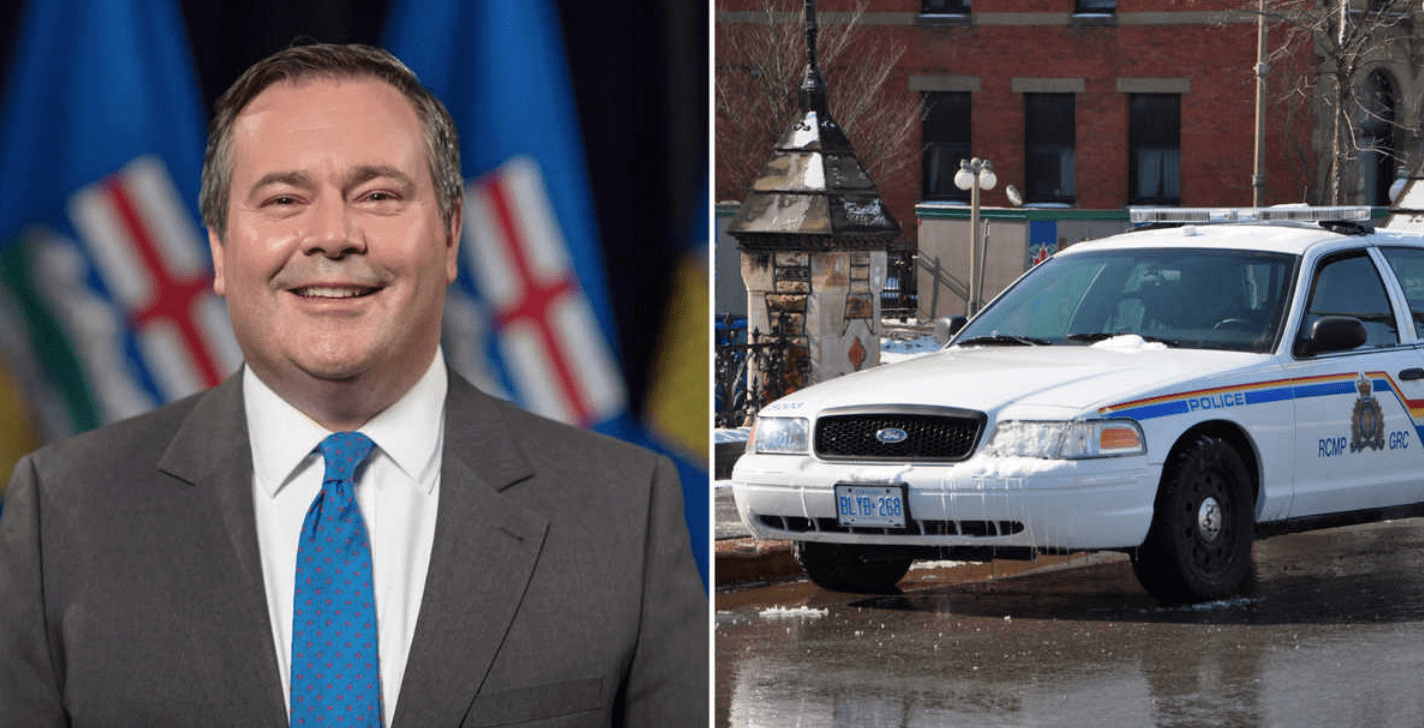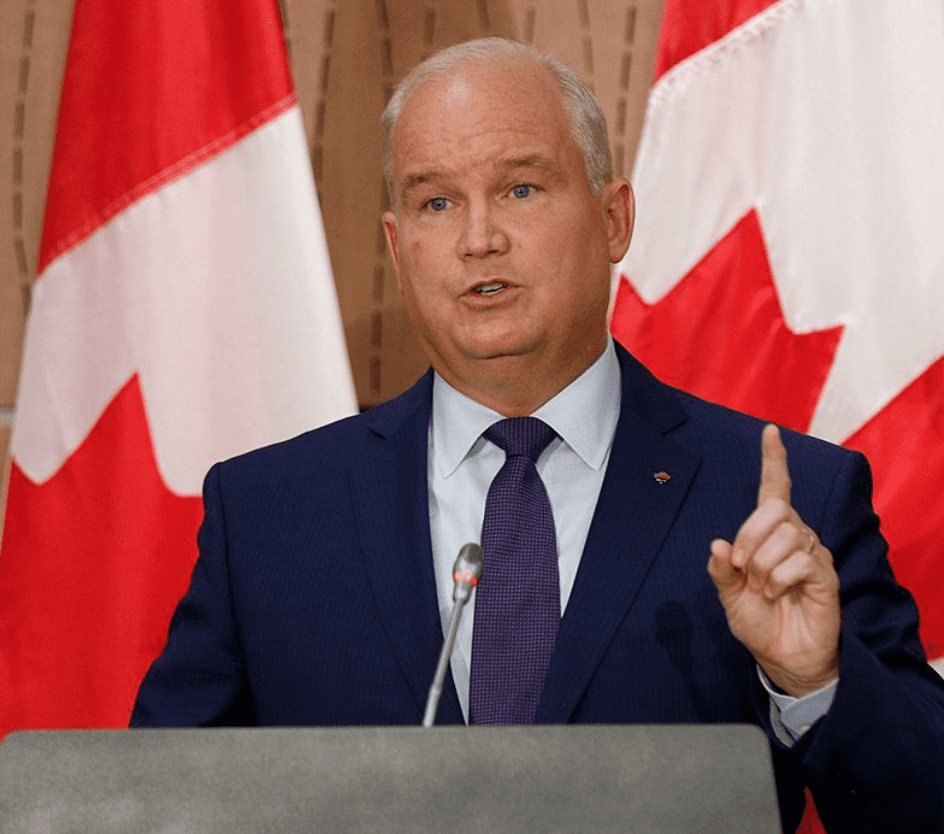Alberta's UCP government never passes up a chance for a spirited polarizing debate. And there's no more polarizing topic at the moment in North America than "defunding" the police.
The sophisticated and in-depth discussions on police budgets launched by Calgary and Edmonton just didn't fit the simplistic scenario espoused by the new right.
Alberta's newly minted justice minister, Kaycee Madu, sent a rocket of a letter to Calgary and Edmonton mayors warning them there could be provincial funding repercussions if they mess with law enforcement budgets.
"Alberta's government will closely monitor how municipalities are managing their police budgets as well as responding to calls to 'defund the police," he told the mayors.
The irony for the mayors is that Madu's previous cabinet post was municipal affairs minister, a position he felt required him to butt heads with the cities over spending too much.
Back then the UCP clawed back traffic ticket revenue to the provincial treasury that had been used by the municipalities for policing. In rural Alberta, the government added a burden of increased policing costs on to small municipalities, requiring them to dip into their own revenue for additional police positions promised by the provincial government.
So now the mayors are particularly galled over Madu's demand that cities don't consider paring police budgets in the ongoing need to reduce city spending and reform policing and community services.
Mayor Naheed Nenshi was particularly blunt in his response.
"To time a ridiculous letter, with ridiculous slogans in it, while we're having this adult conversation just shows you're not really interested in being part of that conversation," Nenshi told reporters.
The city of Calgary and Calgary police are engaged in a soul-searching discussion of police reform to address racism and the potential to reallocate funding to address community mental health needs that increase police workload.
In Edmonton council has decided to reduce the 2021-22 police budget of close to $390 million by $11 million and put that money toward community programs that impact mental health and social inequities. Edmonton is struggling with a homelessness problem exacerbated by the Covid pandemic.
Edmonton Mayor Don Iveson argues there wouldn't be a police funding issue if the province provided adequate funding to address social and mental health needs that increase the police workload.
"As minister of municipal affairs, (Madu) was very keen on scrubbing down our budgets," Iveson said in an interview. "Now, as minister of justice, to suggest that we should not be looking at our largest cost centre — which is policing — seems a bit ironic to me."
Even without the current temper of the Black Lives Matter times, police budgets are always a source of contention for the big cities. The Globe and Mail did an analysis last month that showed between 2009 and 2018, police costs in Alberta increased 66 per cent. Spending on other municipal services increased 56 per cent over the same time period.
While Madu is busy warning the cities against playing politics with policing, the UCP is doing just that on the wider provincial front.
The government is spending $2 million to launch a study on establishing a provincial police force, similar to those in Ontario and Quebec. In Alberta the RCMP performs the role of provincial policing outside urban areas. But the RCMP is a creature of Ottawa and so, in western alienation terms, is an occupying interloper on Alberta sovereignty.
Despite government statements that no definite decision has been made yet on establishing a provincial force they are also looking for someone to oversee an Alberta Provincial Police Services transition secretariat.
The social media campaign has also begun on the provincial police front, with Cypress-Medicine Hat MLA Drew Barnes tweeting up a storm saying Albertans have been calling for a provincial police force for 20 years.
In fact they haven't. Even the government's own "Fair Deal Panel" found only 35 per cent of Albertans want a provincial force. The idea of provincial police was rejected by the Ralph Klein government in the 1990s as too expensive to administer, but apparently Premier Jason Kenney thinks things have magically changed since then.
Taking a leaf from Donald Trump, Kenney wants to leave a "LAW & ORDER" legacy, no matter the cost.
Photo Credit: Narcity








